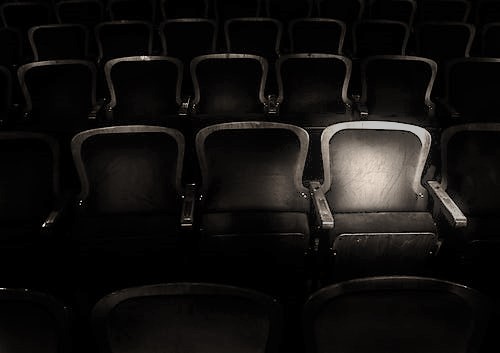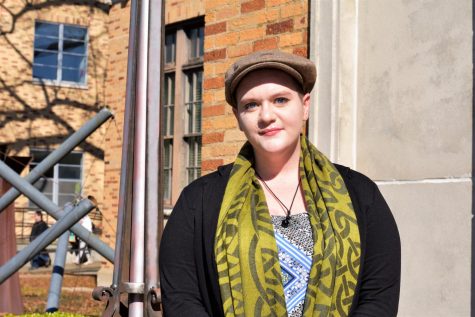Why Closed Captioning Matters

Recently, the issue of captioning in media has been in the spotlight, especially with celebrities, such as Nyle DiMarco leading the fight for inclusivity. Having captions in media, especially movie theaters, is important to those who may have hearing impairments, so they can enjoy the same things as people who are not hearing-impaired do.
One argument against having closed captions in media is that many people find the captions annoying. People who watch a movie do not want an annoyance that distracts them from enjoying a movie that they may have waited a long time to come out.
Some people may also find captioning distracting. People claim they are distracted by the words and cannot pay attention to what is happening. They find themselves trying to read the captions instead of focusing on the actual movie.
While these people are often in the majority of movie theater attendees, the recently spotlighted argument argues that those who benefit from closed captioning deserve to enjoy these movies as much as any other.
People who have hearing impairments (being deaf or hard-of-hearing) benefit the most from closed captioning. Presently, if theaters offer captioning at all, the only option to have captions is a small machine that is supposed to fit into the seat’s cupholder. Usually, this machine does not work. The captions will be wrong, the battery will be dead, or the machine will not stay in a position that makes it possible to read the captions and watch the screen at the same time.
Some solutions proposed for this problem have certain viewings that offer closed captioning on the screen, or just have all viewings with captioning, whether people find them annoying or not.
Recently, more people have been fighting for the inclusivity of having captions in movie theaters, so all people can enjoy the media being produced. Nyle DiMarco headed this surge of calling for fair treatment for those that need accommodations like captioning. After another visit to a theater where the captioning machine did not work, he had finally had enough of this accommodation being pushed to the side.
DiMarco took to Twitter in a call for action to petition theaters to have captioned movies that bypass the small machine all together. Since his call to action, other celebrities have gotten behind the cause, some even sharing their own experiences with captioning in theaters and other media.
For a few weeks, this topic was widely discussed, especially on Twitter. In recent days, the issue seems to have died down, though it should not. Accessibility and inclusivity are things everyone should be working for to create a society where even those with disabilities are able to enjoy the things that able-bodied people can.
If theaters were to offer certain viewings throughout the week or weekend where people who prefer, or need, the captions could enjoy a movie without the worry of the small machine or having other audience members complain about the captions, movies would be more accessible to hearing-impaired people.
Closed captions can be beneficial to people without hearing impairments, as well. People who are not native speakers of English can use the captions to learn and read in English. Sometimes movies have actors that have strong accents or mumble. Captions can help even hearing people to understand what it is said.
Even if theaters do not acknowledge a petition to include captions on movies, they should be enforced to follow the Americans with Disabilities Act, which makes it illegal to exclude people with disabilities. This issue does not end with the conflict of captions for hearing-impaired people. Many establishments get away with not abiding by the ADA until one person exposes them. Issues such as these should not reach that point and should be handled at the first sign of trouble.

Kjirsten Whitsell is a senior here at Delta State University. She has been a part of The Delta Statement for three semesters. Kjirsten’s hometown is...


